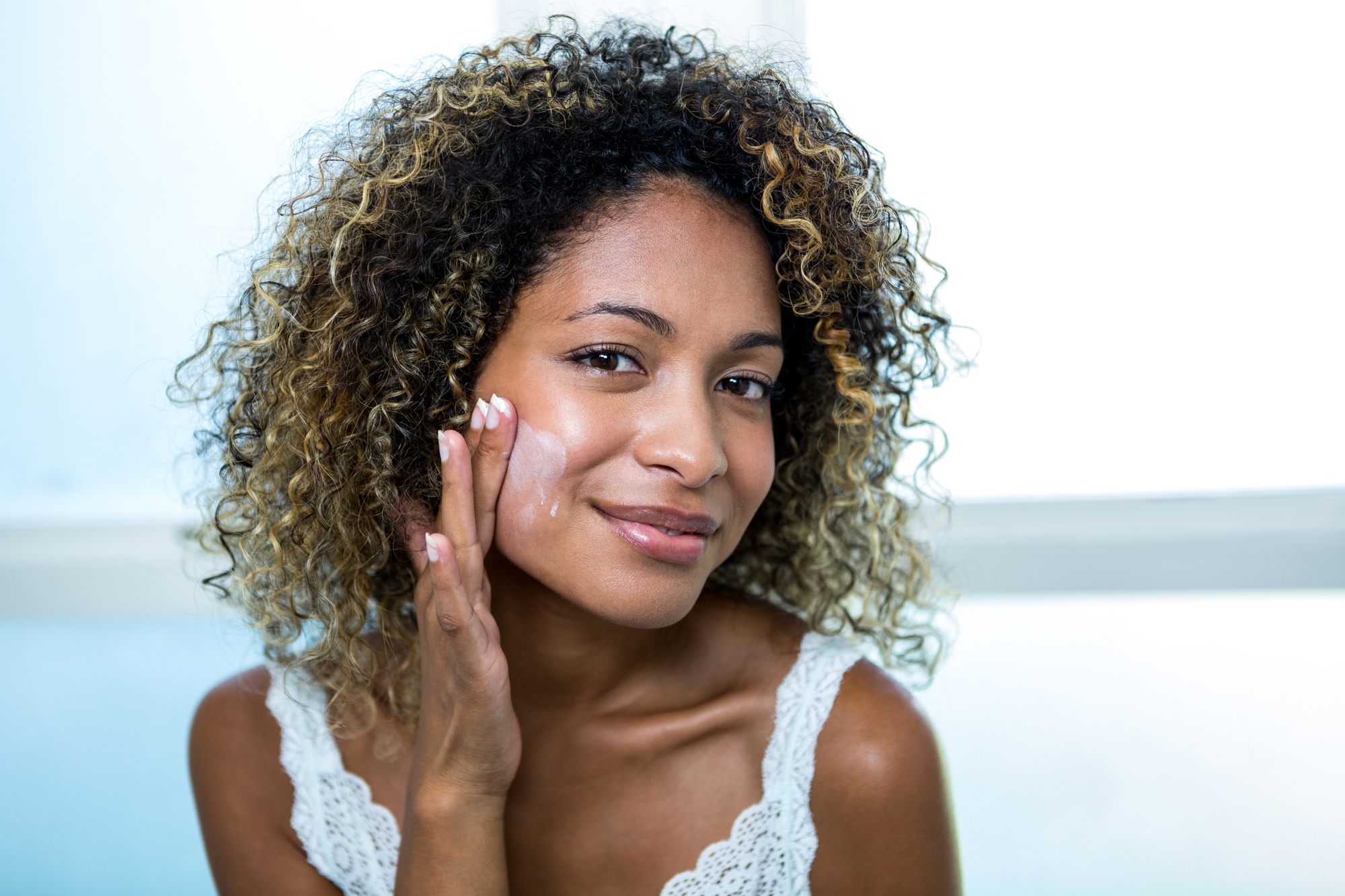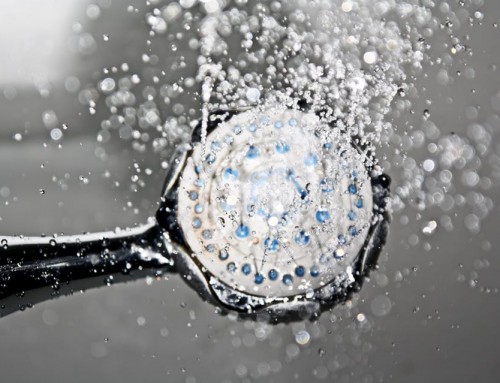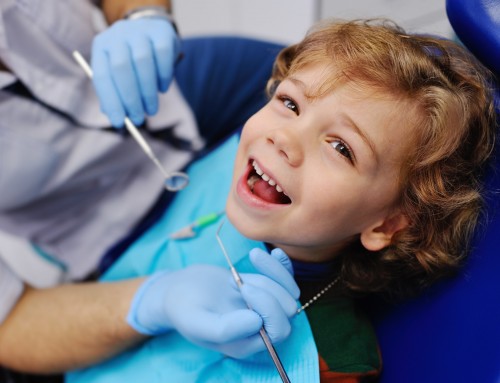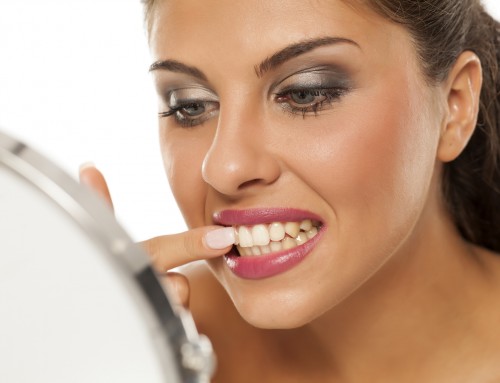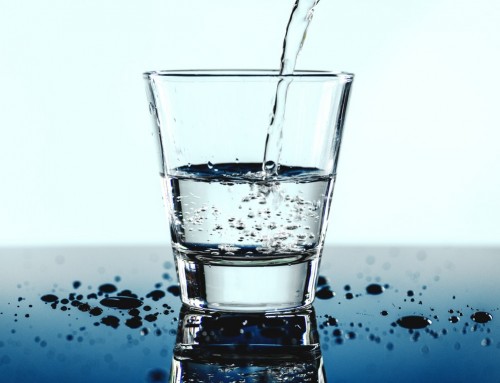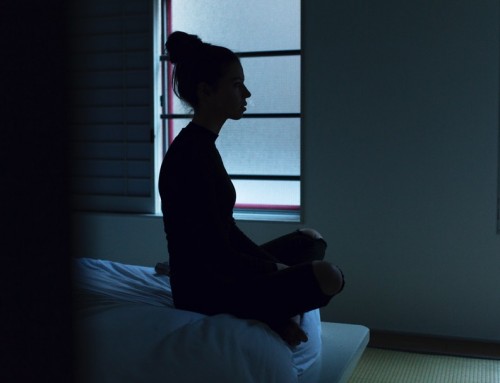Itchy skin, also known as pruritus, is an irritating and uncomfortable sensation that can make you want to scratch all over. Itchy skin can be worsened or caused by dry skin. This is especially common in older people since skin usually gets drier as we get older.
Depending on what’s causing your itchy skin, it may appear rough, normal, bumpy, or red. Scratching your skin repeatedly can cause raised thick parts of your skin that might become infected or bleed.
A lot of people with itchy skin get relief with self-care measures. This can include bathing with warm water, using gentle cleansers, and moisturizing daily. In order to achieve long-term relief, you’ll have to diagnose and treat the cause of your itchy skin.
Common treatments include oral anti-itch medicines, moist dressings, and medicated lotions.
By knowing what the common causes and remedies for itchy skin are, you can more quickly and easily overcome it. So continue reading and we’ll walk you through everything you need to know.
Symptoms
You may have itchy skin over your whole body. You also might just have it over certain small areas, such as on a leg or an arm. Itchy skin can occur without any noticeable changes on your skin too.
However, it might also be associated with:
- cracked, dry skin
- redness
- scaly or leathery skin
- blisters, spots, or bumps
Sometimes, the itchiness can last a long time and also be fairly intense. If you scratch or rub the area, it will likely get itchier. And the more it itches, the more you will want to scratch.
It can be difficult to break out of this scratch-itch cycle. Because of this, it’s best to itch as little as possible.
When to See a Doctor
You should see a doctor or a skin disease specialist (dermatologist) if the itching:
- is intense and distracts you from your daily tasks
- comes on suddenly and without explanation
- stops you from sleeping
- lasts for several weeks and doesn’t get better with self-care measures
Sometimes, the itchiness can be accompanied by other symptoms and signs, such as:
- weight loss
- extreme fatigue
- changes in urinary frequency or bowel habits
- redness of the skin
- fever
If your condition doesn’t go away after three months of treatment, then you should see a dermatologist in order to be evaluated for skin disease. You might also want to see an internist in order to be checked for other diseases.
Causes
There are a variety of things that can cause itchy skin. First off, it might be a skin condition. This includes:
- eczema (dermatitis)
- scabies
- scars
- hives
- dry skin (xerosis)
- psoriasis
- burns
- insect bites
The cause might also be an internal illness. The itchy skin might be a symptom of some underlying disease. These illnesses include:
- kidney failure
- thyroid problems
- liver disease
- iron-deficiency anemia
- certain cancers, such as lymphoma and multiple myeloma
The itching can also be caused by a nerve disorder. These are conditions that affect the nervous system. They include diabetes, shingles, pinched nerves, and multiple sclerosis.
Psychiatric diseases can also cause itchy skin. Depression, obsessive-compulsive disorder, and anxiety can all cause itchy skin.
You also might be experiencing irritation or an allergic reaction. Soaps, chemicals, wool, and other materials can irritate the skin and cause it to itch.
Sometimes the substance, such as cosmetics, parasites, and poison ivy can cause allergic reactions. Also, reactions to certain medications, such as opioids, can lead to itchy skin.
Finally, some women during pregnancy might experience itchy skin.
Remedies
One of the best remedies for itchy skin is oatmeal. No, we’re not talking about the breakfast food. We’re talking about colloidal oatmeal.
This kind of oatmeal is made out of oats that have been ground into a fine powder. It’s a natural product that’s used in a variety of lotions and soaps. You can also add it to a cool bath.
This product is safe and can help reduce itchiness.
Leaf gels are another great way to combat itchiness. Menthol and aloe vera can be effective at treating simple itches caused by mosquito bites or sunburns.
Menthol is made from the peppermint plant and gives a cooling effect.
Corticosteroid ointments and creams can be used for skin that’s red and itchy. Hydrocortisone is an anti-itch cream that can soothe your skin. You should get an anti-itch cream that has at least one percent hydrocortisone.
Hydrocortisone is able to inhibit inflammatory responses in the body and it can help to relieve itchy skin.
A high-quality moisturizer will retain water in the outer layer of your skin. This can help make your skin feel hydrated and less itchy and dry.
No matter what kind of moisturizer you use, it’s best to use one that utilizes safe, natural, and organic ingredients. Otherwise, the moisturizer might end up actually harming your skin. Eminence products are examples of high-quality, organic skincare treatments.
The Importance of Knowing the Causes and Remedies for Itchy Skin
Nobody enjoys having itchy skin. But if your skin itches, then there’s probably a reason for it. And there’s also probably a treatment.
By being able to identify the cause, you can quickly figure out the correct remedy in order to treat your skin. And if you can’t figure out what the cause is, then you should consult a medical professional.
Are you looking for other helpful health articles like this one? If you are, then make sure to check out the rest of our blog today for more!

